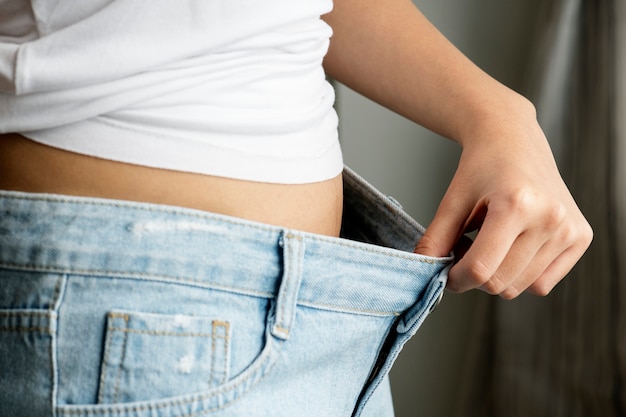
Curious about how the glow of your screens might be affecting your sleep? Let’s delve into the world of “The Impact of Blue Light on Sleep and Recovery.” We all love our devices, but the blue light they emit can mess with our body’s natural sleep rhythms.
Blue light is a type of light with a short wavelength and high energy, and it’s part of the visible light spectrum, which also includes other colors like red, orange, yellow, green, and violet. While natural sources like the sun emit blue light, our digital devices produce it in more concentrated amounts.
One of the biggest ways blue light affects us is by disrupting our circadian rhythms, the internal clock that governs our sleep-wake cycle. Exposure, especially in the evening, tricks our brains into thinking it’s daytime. This delays the production of melatonin, the hormone that makes us feel sleepy. As a result, it becomes harder to fall asleep at our usual bedtime, potentially leading to irregular sleep patterns, insomnia, and poor sleep quality.
Poor sleep quality isn’t the only issue. People who use electronic devices before bed often have a harder time falling asleep and don’t rest as well. This can make you feel groggy and tired the next day, affecting your ability to function.
Over time, consistent sleep deprivation linked to blue light exposure can increase the risk of serious health issues like obesity, heart disease, and diabetes. It doesn’t just affect how long we sleep; it impacts the quality too. REM sleep, vital for dreaming and memory consolidation, can be disrupted by blue light. Without enough REM sleep, our cognitive function, mood, and ability to learn suffer.
REM sleep is essential for processing memories and learning new skills. When blue light interrupts this stage, it can have long-term effects on our mental and emotional health. Sleep is also crucial for our body’s recovery processes, including muscle repair and growth. Disruption from blue light can affect athletes or anyone engaging in physical activities, as their bodies need proper rest for peak performance and injury prevention.
Without adequate rest, muscles might not fully recover, leading to increased soreness and a higher risk of injuries. Additionally, insufficient sleep can affect the body’s production of growth hormone, necessary for tissue repair.
Prolonged exposure to blue light can also cause eye strain, characterized by dry eyes, headaches, blurred vision, and neck and shoulder pain, which can hinder productivity and focus. Blue light scatters more easily than other colors, contributing to glare and discomfort. Over time, this strain can lead to more serious eye conditions like macular degeneration and cataracts.
To counteract blue light, reducing screen time, especially before bed, is key. This allows melatonin production to occur naturally. Many devices now feature “night mode” or “blue light filter” settings that reduce blue light emission, helping protect our sleep patterns. Blue light-blocking glasses can also be effective.
Incorporating healthy sleep habits, like maintaining a consistent sleep schedule, creating a relaxing bedtime routine, and ensuring a conducive sleep environment, can improve your sleep quality. Regular exercise and stress management techniques such as meditation or yoga can also mitigate the negative effects of blue light, promoting deeper and more restful sleep.
In summary, understanding the impact of blue light on our sleep and recovery is crucial for our well-being. From disrupting our circadian rhythm to affecting sleep quality, its effects are significant. By reducing blue light exposure before bed, we can improve our sleep and wake up feeling refreshed.



